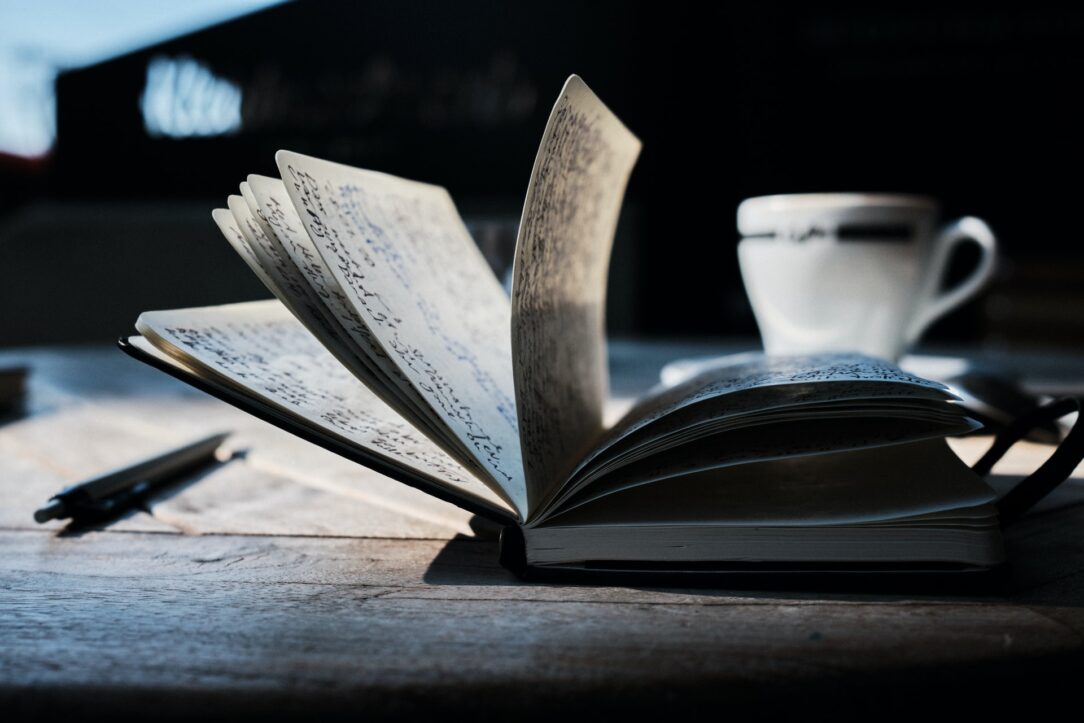There are many ways to learn to write. Like any creative profession, there are varying schools of thought that love to expound on dos and don’ts as if they were rules set in stone. Even if you’re the “there are no rules in writing” kind of a writer, it’s a good idea to read up about what other writers are doing about their writing, how they write, and what tips they have for young writers. If nothing else, it helps you develop critical thinking and find your own style of writing.
In this article, we’ve rounded up some of the best books you should read to learn about writing.
1. Aspects of a Novel — EM Forster
This book, compiled from Forster’s lecture series on the English-language novel, is a great beginning from any fiction writer. Forster himself was an accomplished writer, with books such as Maurice (1971) and A Passage to India (1924) to his credit. By combining his own understanding of the craft and substantiating it with examples from classic literature, this text is a guided introduction to what he surmised are the seven most important aspects of novel writing: story, characters, plot, fantasy, prophecy, pattern, and rhythm.
This one’s an absolute essential for anyone who wants to succeed in writing fiction. And who better to take advice from than a beloved classic author!

Source: unsplash.com
2. The Penguin Guide to Punctuation — RL Trask
You could be a master of weaving a plot, but what’s the point of all of it if you get your punctuation wrong? That’s right, it’s always back to the basics.
True, punctuation is tedious, but that’s hardly the case with The Penguin Guide to Punctuation. Rife with silly examples and absurd observations about punctuation, the renowned linguist’s book is as informative as it is funny.
We’re sure you’re already familiar with the rules of English-language punctuation, but sometimes it baffles even the best of us. A routine brush-up with The Penguin Guide is bound to rejuvenate your knowledge of punctuation norms, while also indulging in a fun read!
Our recommendation: have a copy of this essential on your writing desk at all times!
3. Eats, Shoots, and Leaves: The Zero Tolerance Approach to Punctuation — Lynne Truss
This one’s an absolute treat for the language nerd. Written by British author and journalist Lynne Truss, this book is a much-needed reminder of the impact of punctuation in our writing. The book seamlessly combines humor and valuable information, interspersing the tediousness of grammar instruction with fascinating snippets of the history of punctuation and its usage.
Truss also points out the perils of missing or ill-placed punctuation marks in online writing — something that us 21st century writers should certainly be careful about!
All in all, a fascinating read, and a book that gets brownie points for being current.

Source: unsplash.com
4. On Writing: A Memoir of the Craft — Stephen King
Stephen King’s forte may be mystery novels, but how he writes is no longer a mystery to us. On Writing is an intense, nostalgic journey with the beloved writer, who is firm in the conviction that his life is the most important catalyst for his writing career. It’s in the name; this amalgamation of the personal and the professional. A must-read for any author, because a writing career is not that far off from life.
5. The Elements of Style — William Strunk Jr
This one’s a classic. First published in 1918 (it has truly stood the test of time!), it is a book on writing that is quite technical in nature. Strunk does an elaborate job of explaining writing conventions, but he goes a step further to explain each of their significance. This is the sort of book that allows a writer to engage with the principles of writing by experimenting, and trial and error.

Source: unsplash.com
6. The Anatomy of Story: 22 Steps to Becoming a Master Storyteller — John Truby
Written by acclaimed screenwriter and screenplay teacher John Truby, this is a book that speaks about storytelling as a universal truth. Truby’s understanding of storytelling is largely character-driven. This allows the writer to delve deeper into their own writing style and technique, and ultimately what they want for their story.
Although Truby’s book is mostly written for screenplays, there are words of wisdom that can be applied to any kind of storytelling. After all, regardless of the medium and form of writing, elements of storytelling apply everywhere.
7. The Artist’s Way — Julia Cameron
This last one’s for those of us who are prone to creative blocks. Pardon the analogy, but this book is essentially a 12-step program to enable creativity. With weekly exercises and insightful anecdotes from people who have enjoyed this module, it’s bound to inspire creativity in a writer.
Unlike the other books, Julia Cameron’s guide does not deal with instruction about writing. In that sense, this is not a technical textbook. But we’re adding it here because writing is not just about technique. There’s heart involved, and the best of us lose the spirit of writing sometimes. The Artist’s Way helps you find your literary voice. On days you feel like you don’t have a voice, it reminds you that you have one. It’s just about finding it now.

Source: unsplash.com
8. The Sense of Style: The Thinking Person’s Guide to Writing in the 21st Century — Steven Pinker
Language evolves everyday, and no one understands this better than a linguist. In this beloved text, linguist, cognitive scientist, and author Steven examines the conventions of writing through the lens of an ever-changing world. He urges readers (and writers) to carefully consider the logic and rationale behind so-called “rules” of writing, and doesn’t shy away from challenging them too! Pinker discusses age-old techniques as well as writing norms today — what finally emerges from his examination of the present and his ventures into history is a comprehensive guide for writers of the 21st century!
Maybe linguistics is not your cup of tea, but if you love language and writing in any form whatsoever, then Pinker’s critically acclaimed classic is a book you cannot miss!
So that’s it from us! These are our picks for the 8 best books to help a writer improve their craft. If you still want an expert’s help in improving the quality of your English-language writing, visit www.papertrue.com.




